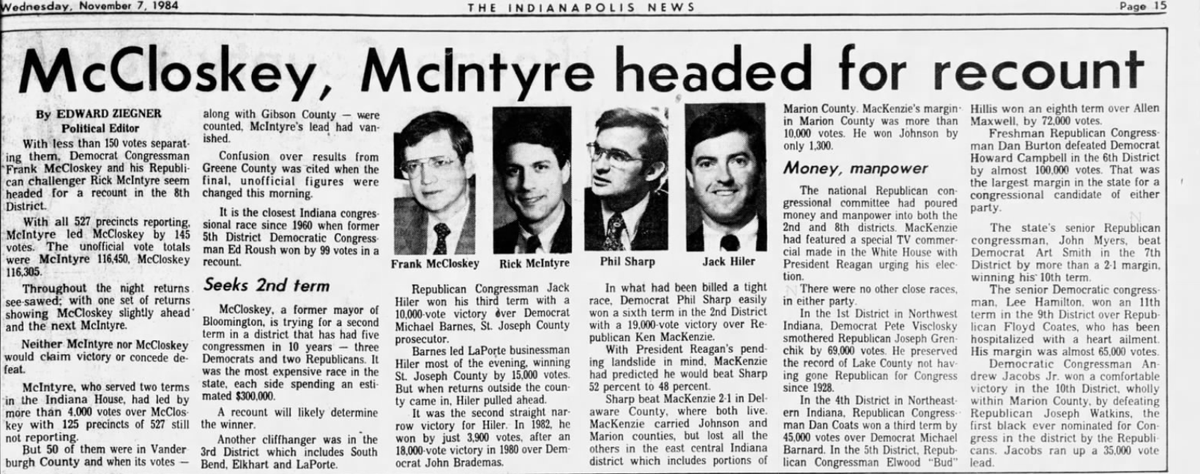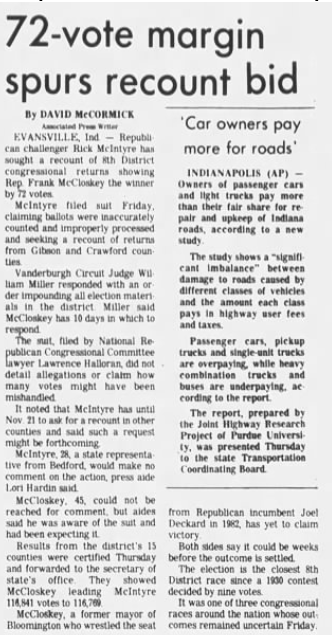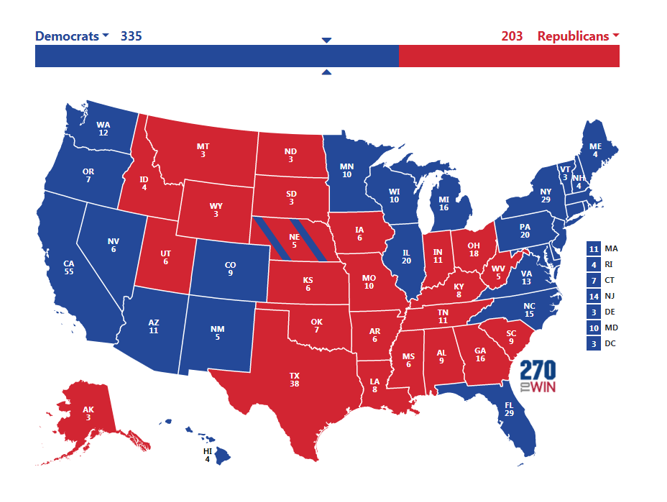
Going to post some VA trends/numbers here, starting with the history that Dems are up against: The party that has the White House has lost all but one VA gov race in the last 40+ years and has lost every time it has also had control of Congress (5 for 5 coming into today): 



Geographically, Dem strength is heaviest in Northern VA and also strong in the Richmond area Hampton Roads cities. Republicans are strongest in rural/small city SWVA, Southside VA and the Shenandoah Valley. The '20 Trump/Biden result by region: 

VA's shift from red to light blue to Biden +10 has been powered by high population NoVA, which had already been moving away from the GOP pre-Trump but only accelerated in its leftward drift when he emerged: 

Northern Virginia has a large concentration of voters with high educational attainment and has seen significant recent growth in its Latino and Asian-American populations -- a recipe for the massive Dem margins we've seen recently: 

Even though the state as a whole has moved decisively toward the Dems, rural SWVA is a region that has done the opposite -- where a long-term trend away from the Dem Party accelerated with Trump's rise: 

SWVA has the highest concentration of white voters without four-year degrees in the state -- what has become a very Trump/GOP-friendly demographic. Trump carried (lopsidedly) just about every county/city in VA where at least half the adult population is non-college white: 

Overall, this tradeoff - suburbs get bluer, rural VA gets redder -- has strongly favored Dems, since their strength is where the population is. One way of looking at it: Trump won Regions 4, 5 & 6 by a combined 302,748 votes. Biden won just Fairfax/Arlington/Alexandria by 391,431 

• • •
Missing some Tweet in this thread? You can try to
force a refresh










